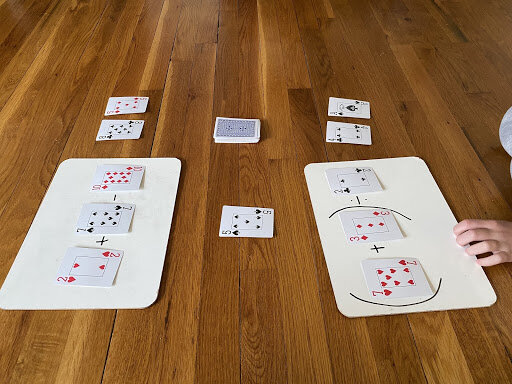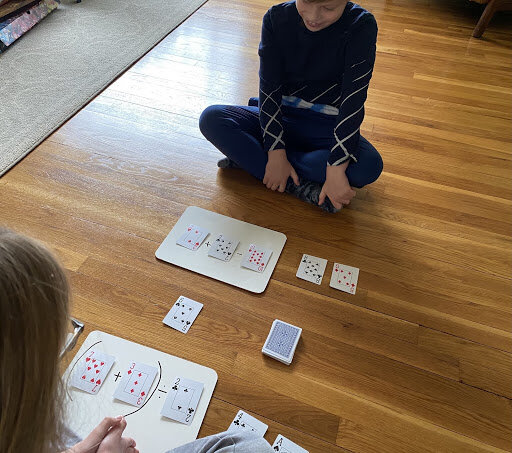In conversation with families, we are frequently surprised that more students don’t have boarding schools on their radar screen. Why is that? Could it be that the perception of this type of educational experience is stuck in the past? Or, is it that families simply don’t understand what they have to offer?
To answer these questions, we invited our colleagues at Great Boarding Schools (GBS) to share their perspectives on the benefits of a boarding school education.
The Benefits of Boarding School…
Who we are…
The Great Boarding School group consists of fifteen top boarding schools from the Northeast. We come together as a consortium to offer interested families a look at a wide spectrum of benefits and options of the various signature programs and 21st-century teaching and learning models embodied by the individual member schools.
Our goal is to help enlighten families regarding boarding school options including; educational philosophies, academic curriculum, extracurricular offerings, single-gender education, and residential life curriculum. We share a unified belief in the positive outcomes a boarding school experience can have on your child.
So, as you embark on the admissions process, let’s answer that refrain ‘why boarding school?’ To do this, we narrow in on the four differentiating pillars of campus life that every parent and candidate should examine when contemplating a boarding school education.
#1 Community
Boarding schools are more than just schools — they are communities. Communities made up of talented and diverse students, accomplished and caring faculty and staff members, and loyal and dedicated alumni and families. They are communities designed to challenge and support, encourage and celebrate. Communities built on relationships that extend beyond the classroom and into dorms and dining halls, onto playing fields and stages, and far from campuses. They are communities that enhance all aspects of the educational experience, instilling in students the value of connection and collaboration, and preparing them to be leaders in the years to come.
#2 World-Class Academics
The Goal: To foster academic exploration, feed curiosity, and challenge students as independent learners and thinkers.
Small class sizes help students learn to share ideas, ask questions, and work collaboratively as they build relationships with their peers and with faculty. Students are encouraged to self-advocate and their needs are seen and understood by teachers who are engaged, passionate, and dedicated to each student’s individual growth and development. Learning continues beyond the classroom at boarding school. Faculty live on campus and serve as coaches, club sponsors, and dorm parents. This affords the opportunity to create teachable moments beyond the classroom - further enriching the student academic experience.
#3 Athletics
Athletics at a boarding school is about more than wins and losses. No matter what your path in life, physical activity plays an important role in your health and well-being.
Under the careful mentorship of our experienced and passionate coaches, you learn important life lessons that transcend sport. Our varsity squads routinely compete against the best competition, but also offer great sub-varsity options for developing talent. Whether you play for the love of the game or are bound for college glory, we have a team for you.
While many students choose to play team sports all three seasons, each school offers athletic alternatives and recreational sports.
#4 Arts
The opportunity to engage in creative endeavors like music, dance, theater, and visual arts is one of the hallmarks of a boarding school education. Each boarding school has a unique arts curriculum complete with light-filled studios to provide the perfect setting for students to immerse themselves in the creative process. Whether you want to explore the basics of many different art forms or immerse yourself in your particular passion project, there is something for every kind of artist at boarding school.
Find out more at upcoming GBS Workshops
One last thing…if boarding school is on your child’s horizon, it’s never too early to start the search process. To help you on your way, GBS is hosting a series of virtual workshops on May 4, 6, and 11. These interactive discussions will provide an excellent opportunity for parents and prospective candidates to meet students, who will talk about their personal experience with dorm life and co-curricular programming. Admissions officers will also be available to address topics such as:
How COVID-19 has changed the way that students and their families research, identify, and select boarding schools
Tips on how and when to visit a campus
Applying and interviewing
Financial Aid
Click here to register for any or all of these events. And if you’d like to dig in deeper, email us at KQ any time!










